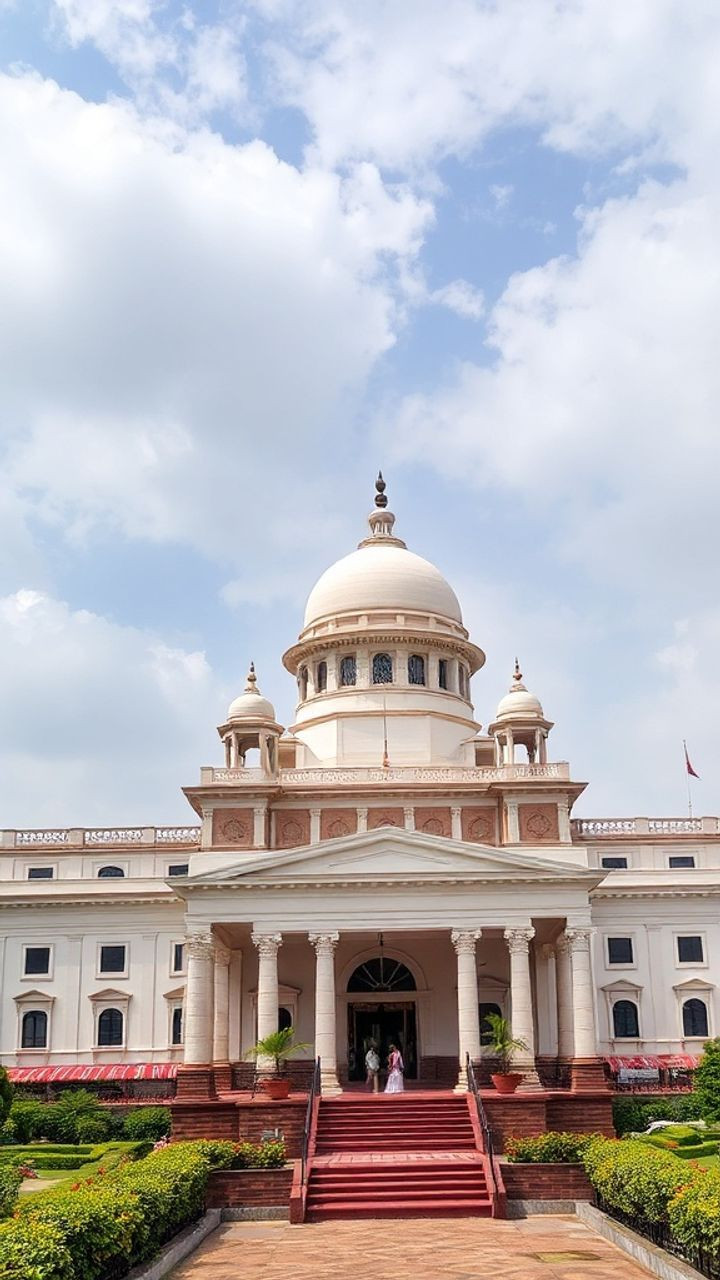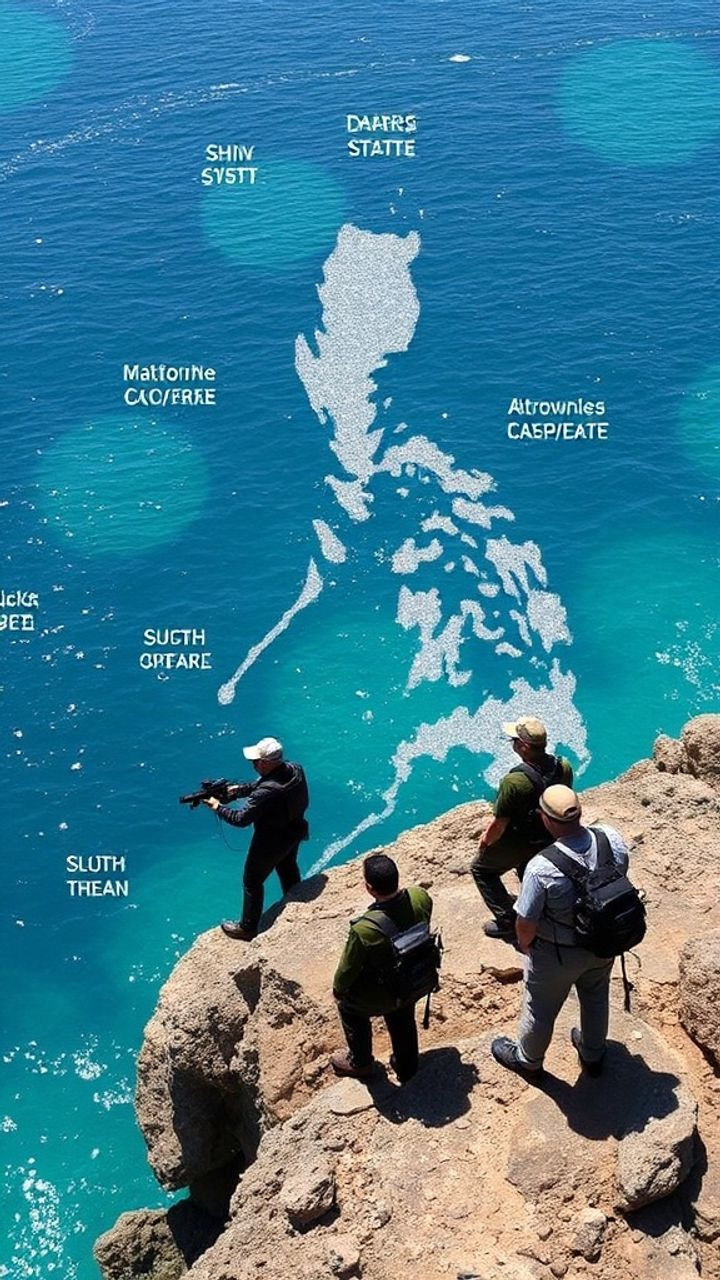
Argentina's Arrest Warrant A Blow to Myanmar's Junta?
Argentina's Arrest Warrant A Blow to Myanmar's Junta?
Argentina's Arrest Warrant A Blow to Myanmar's Junta?
YANGON — In a move widely seen as a significant blow to Myanmar's ruling junta, an Argentine court has issued arrest warrants for top leaders, including military and civilian officials, over allegations of genocide and crimes against humanity towards the Rohingya minority.
The warrants were issued in response to a complaint filed by a Rohingya advocacy group under the principle of universal jurisdiction. This legal concept allows countries to prosecute crimes regardless of where they occurred if they are considered sufficiently serious, such as genocide or war crimes.
The targeted individuals include Min Aung Hlaing, leader of Myanmar's military government; ex-president Htin Kyaw; and former elected civilian leader Aung San Suu Kyi. The latter is named in the warrant due to her role as state counselor from 2016 to 2021, during which time she was accused of doing little to stop the abuse of Rohingya.
In response to the warrants, Myanmar's junta spokesman Zaw Min Tun criticized the Argentine court, questioning its understanding of Myanmar's situation. He suggested that Argentina should first address its own judicial issues before making judgments about Myanmar.
The criticism highlights the ongoing controversy surrounding the treatment of the Rohingya minority in Myanmar. The United Nations has described their plight as apartheid-like conditions, with widespread human rights abuses and forced displacement.
Tun Khin, president of the Burmese Rohingya Organization UK, welcomed the warrants as a historic step toward justice for the Rohingya and a victory for international justice at a time when violations of international law are on the rise.
The Issues at Hand
The Myanmar junta's criticism raises several important issues. Firstly, it highlights the need for greater understanding and cooperation between countries to address humanitarian crises like the one faced by the Rohingya. Secondly, it questions the jurisdiction and authority of international courts to prosecute crimes committed in other countries.
Thirdly, it underscores the importance of upholding international law and the principles of justice and accountability. Finally, it highlights the ongoing struggles faced by the Rohingya minority and the need for greater international cooperation to address these issues.
Conclusion
In conclusion, the Argentine court's decision to issue arrest warrants for Myanmar's top leaders is a significant blow to the junta's efforts to maintain its authority and legitimacy. It underscores the ongoing struggles faced by the Rohingya minority and highlights the need for greater international cooperation to address these issues.






